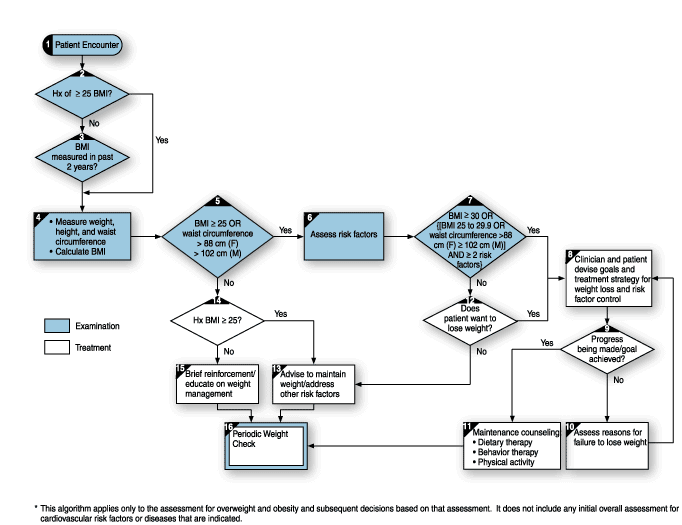HIV Activists Mobilize Against Funding Cuts Amid Trump Administration Policies

In a rallying cry against significant funding cuts affecting HIV prevention and treatment programs, Cedric Sturdevant, a Mississippi-based HIV activist, has taken the initiative to lead efforts against the Trump administration's recent federal budget proposals. These proposals threaten to withdraw over $11 billion in public health grants and eliminate vital HIV prevention programs, which could lead to a staggering increase in HIV-related deaths in the United States.
The proposed cuts come at a time when the Southern United States accounts for more than half of all new HIV diagnoses, affecting predominantly Black and Latino communities who comprise approximately 70% of new infections. Sturdevant, who is also a co-founder of Community Health PIER, a nonprofit organization dedicated to combating health disparities in the Mississippi Delta, expressed deep concern over the potential fallout from these funding cuts. "This isn’t just about numbers; it’s about lives—our lives," he said, highlighting the personal impact of these policies on marginalized communities.
The Trump administration's budget proposal for fiscal year 2026 includes drastic reductions to Medicaid, which is a crucial source of healthcare for nearly 40% of adults living with HIV. Dr. Lisa Lindley, a public health expert at George Washington University, noted, "These funding cuts threaten to reverse years of progress in HIV treatment and prevention, particularly in regions that are already underserved. The loss of funding for programs that provide housing assistance and mental health support is particularly alarming."
Activists like Sturdevant and his colleagues are mobilizing grassroots efforts to counter these cuts. Marnina Miller, co-executive director of the Positive Women’s Network, emphasized the resilience of the HIV community, stating, "Despite the challenges we face, our community is not backing down. We are committed to ensuring that everyone has access to the care they need."
The cuts also jeopardize the ongoing efforts to enhance HIV outreach in minority communities. Experts point out that effective community-based interventions have historically led to a reduction in new infections. For instance, a study published in the Journal of Community Health in 2022 demonstrated that targeted outreach programs in Black churches significantly increased HIV testing rates among congregants.
The financial implications of these cuts extend beyond health; they also threaten to exacerbate existing social inequities. According to a report by the Kaiser Family Foundation, the proposed budget would effectively dismantle the infrastructure that has been built over decades to support those living with HIV, especially in impoverished regions like the Mississippi Delta.
As the April rally in Washington D.C. approaches, activists are strategizing on how to mitigate the damage from these cuts. June Gipson, CEO of My Brother’s Keeper, a healthcare nonprofit, suggested that collaboration among community organizations is critical. "We must unite to form a stronger front against these policy changes. Just like in the 1980s, we need to come together to advocate for our communities," Gipson stated, drawing parallels to past struggles in the HIV movement.
Experts warn that if these funding cuts are implemented, the consequences could be dire. Dr. Jonathan Mermin, director of the National Center for HIV/AIDS, Viral Hepatitis, STD, and TB Prevention at the CDC, articulated the stakes: "Without adequate funding, we risk a resurgence of HIV infections that we were just beginning to control. This is not just a public health issue; it’s a matter of social justice."
As the healthcare landscape shifts under the weight of proposed budget cuts, HIV advocates remain steadfast in their commitment to fight for resources and support services essential for those living with HIV. Sturdevant concluded with a message of perseverance, stating, "We need to continue the fight for those who feel they have no voice. This is about survival, and we will not give up."
In light of these developments, the future of HIV care and prevention in the U.S. hangs in the balance, with advocates urging policymakers to reconsider the implications of their budgetary decisions on the health and well-being of vulnerable populations.
Advertisement
Tags
Advertisement





